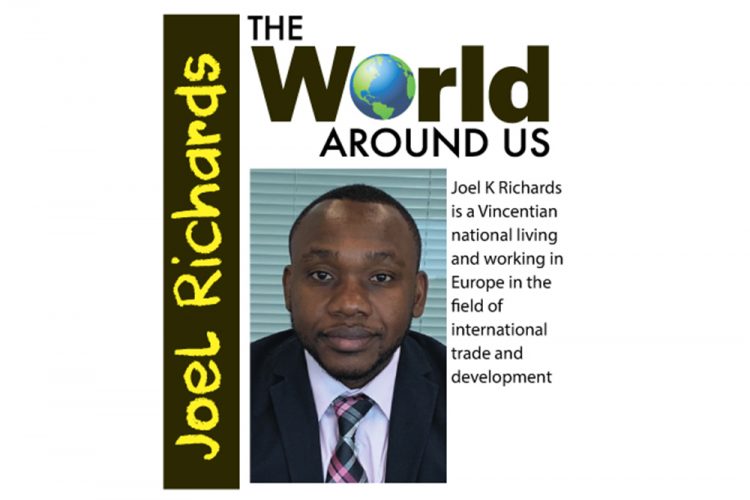The UN at 75: Past, Present and Future (Part 2)

This week’s article is a continuation of last week’s reflections which focused on the past and present of the UN. This week, I will focus on the future of the organisation (without the benefit of a crystal ball). The 75th session of the United Nations General Assembly (UNGA) opens today, Tuesday, September 15, 2020. The UNGA is the principal deliberative and policy-making organ of the United Nations (UN) and the fact that it is convening its 75th session today is a testimony to not just the importance of the Assembly itself, but also the entire UN system.
The UNGA is convening its 75th session at a time of considerable uncertainty around the world, partly due to the public health and economic impact of the novel coronavirus (COVID-19) pandemic.
Even before the pandemic, global uncertainty was common as many world leaders could not find common ground on issues such as trade, technology, climate change, security and economic issues. To its credit, the UN has navigated much of this uncertainty over the years. However, as some of the world’s most powerful countries retreat to unilateralism and nationalism, the UN could find itself fighting for relevance in the years ahead.
Earlier this year, in a speech at the World Economic Forum, David Miliband, the former British Labour Party politician and now President and Chief Executive Officer of the International Rescue Committee, said that we are “living through the age of impunity” where “anything goes”. Patrick Wintour, Diplomatic Editor for the Guardian, used the conflicts in Syria and Libya as illustrations of the “impunity” that Miliband referred to. I will also add the ongoing conflict in Yemen and the political instability in Iraq and elsewhere as additional exhibits.
An argument can be made that the kind of impunity that Miliband referred to exists because the world’s bad actors know that there will be little to no consequences for their actions because of the paralysis in multilateralism now.
For instance, one permanent member of the UN Security Council has repeatedly used its veto power to block certain multilateral outcomes in Syria. These types of actions not only embolden bad actors, but they also discredit the UN as an honest broker in global affairs.
Appearing before the United Kingdom’s (UK) Foreign Affairs Select Committee in May this year, Samantha Power, the former United States (US) ambassador to the UN, told the Committee that if it became impossible to reform the main multilateral institutions, countries may be minded to find “workarounds” outside the UN Security Council. Joe Biden, former US Vice President and the Democratic Party’s nominee for the US Presidential election in November, has indicated that if elected, he will hold a summit of democracies, a proposal which Patrick Wintour suggests might dovetail with the UK’s plans to create a democratic 10 group of nations. These proposals are consistent with the “workarounds” referred to by Samantha Power.
On April 2, 2019, France and Germany launched the Alliance for Multilateralism, an informal, ad hoc grouping of about 50 members. Among its thematic initiatives are respect for international humanitarian law, trust and security in cyberspace and climate change. The paradox inherent in this Alliance is that while it seeks to play up multilateralism, it is more in line with Samantha Power’s “workaround” concept.
The foregoing suggests that in the years ahead, the UN might not only be fighting for relevance, but its very existence as well. The US, the European Union, China, Russia, the UK and several other large and wealthy countries may have the wherewithal to engineer “workarounds” to the UN. However, what about the small countries? It is the small countries that are most in need of the UN and multilateralism to ensure that they maintain their stake in international affairs.
Finally, in last week’s article, I made the point that if the UN did not exist today, it would have had to be created. I firmly believe that the world is better off with the UN. Therefore, what we need is a stronger UN, a better funded UN and more commitment by all countries to the UN and its ideals.









